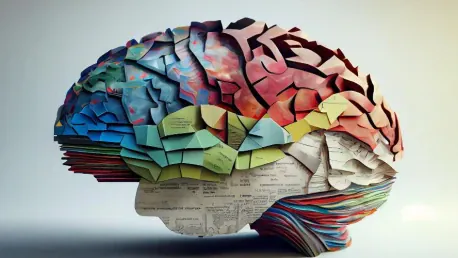
Imagine a world where machines can learn from data, understand human language, and recognize objects as accurately as humans. This is not a futuristic vision but a reality brought about by the remarkable evolution of artificial intelligence (AI) since the 1950s. Initially grounded in machine

Business intelligence (BI) tools have evolved significantly over the years, breaking free from the constraints of relying solely on centralized IT teams for data-related tasks. Despite these advancements, the adoption of BI tools among non-IT professionals remains stagnant at around 20%. This

The field of natural language processing (NLP) has seen a groundbreaking advancement with the development of MORCELA—Magnitude-Optimized Regression for Controlling Effects on Linguistic Acceptability. This innovative approach addresses the long-standing challenge of aligning language model (LM) g

In the complex world of banking, fraud prevention remains an ever-evolving challenge for financial institutions. Traditional fraud detection methods, often relying on static, rule-based systems, struggle to keep pace with increasingly sophisticated fraud tactics. In this landscape, machine learning

Singapore's economy has demonstrated remarkable resilience and impressive growth throughout 2024, surpassing initial expectations and prompting an optimistic upward revision of the country's growth forecast. While the outlook for the remainder of 2024 appears strong, the nation is now

Natural language processing (NLP) has made significant strides in recent years, yet aligning language model (LM) outputs with human acceptability judgments remains a challenge. A novel approach named MORCELA, developed by research teams from New York University (NYU) and Carnegie Mellon University